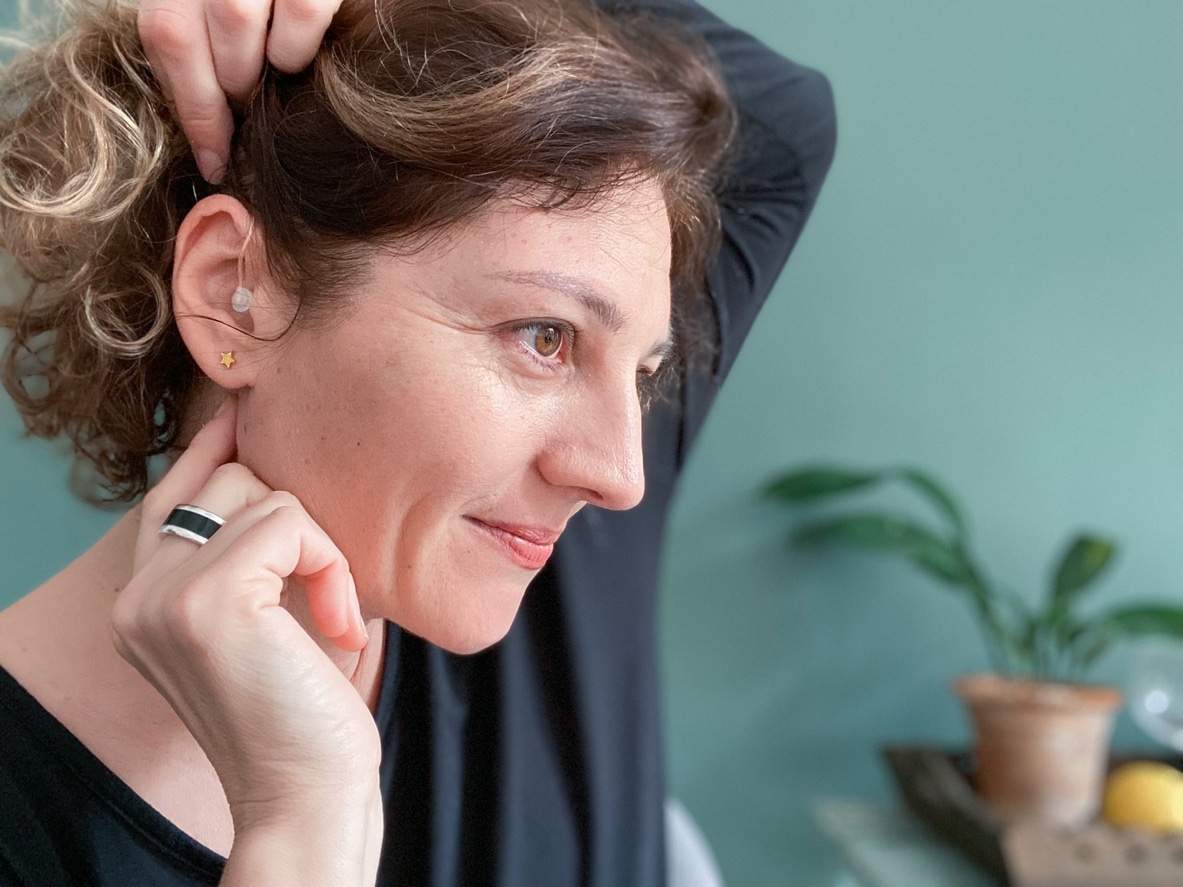Many people live with a persistent ringing, buzzing or humming sound in their ears that others can’t hear. This condition, known as tinnitus, affects approximately 10 to 25% of adults and can range from mild distraction to constant frustration.
Although tinnitus often accompanies hearing loss, it can also affect people without it. While no known cure exists, many patients successfully manage their symptoms with hearing aids.
How Hearing Loss Triggers Tinnitus

When your hearing declines, your brain receives less input from the world around you. To compensate, it may fill in the missing sound by creating its own internal noise—what we perceive as tinnitus. This process resembles a radio filling weak signal gaps with static. Over time, this internal sound can become harder to ignore.
How Hearing Aids Reduce Tinnitus
Hearing aids amplify the sounds your ears struggle to detect, giving your brain something real to focus on. By reintroducing meaningful external sounds, these technologically advanced devices support tinnitus relief in several important ways:
- Sound enrichment: wearing aids increases ambient noise levels, which helps mask the internal sounds of tinnitus
- Cognitive distraction: when your brain receives more sound from your environment, it pays less attention to tinnitus
- Stress reduction: better hearing reduces listening fatigue and frustration, both of which can worsen tinnitus symptoms
Modern hearing aids also include tinnitus-specific features, such as built-in white noise generators or customizable soundscapes that provide continuous, soothing background noise.
Combining Hearing Aids with Other Treatments
While hearing aids offer relief for many, combining them with other therapies often improves outcomes. People managing tinnitus often benefit from the following:
- Tinnitus retraining therapy (TRT): a combination of sound masking and therapeutic techniques to reduce stress associated with tinnitus
- Cognitive-behavioral therapy (CBT): a therapeutic strategy administered by a mental health professional to minimize adverse reactions to tinnitus
- Relaxation or mindfulness practices: yoga, meditation or weekly massages from Elements Massage to help prevent stress from worsening tinnitus
Everyone’s experience with tinnitus is different. Finding the right mix of tools may take time, but consistent, guided support leads to better results.
Take Control of Your Tinnitus
You don’t have to live with constant ringing or buzzing in your ears. Our specialists can assess your hearing, recommend effective solutions and fit you with hearing aids that reduce tinnitus symptoms and improve your quality of life.
Contact ENT Specialists Of Northern Virginia today to schedule your consultation and take the first step toward lasting relief.